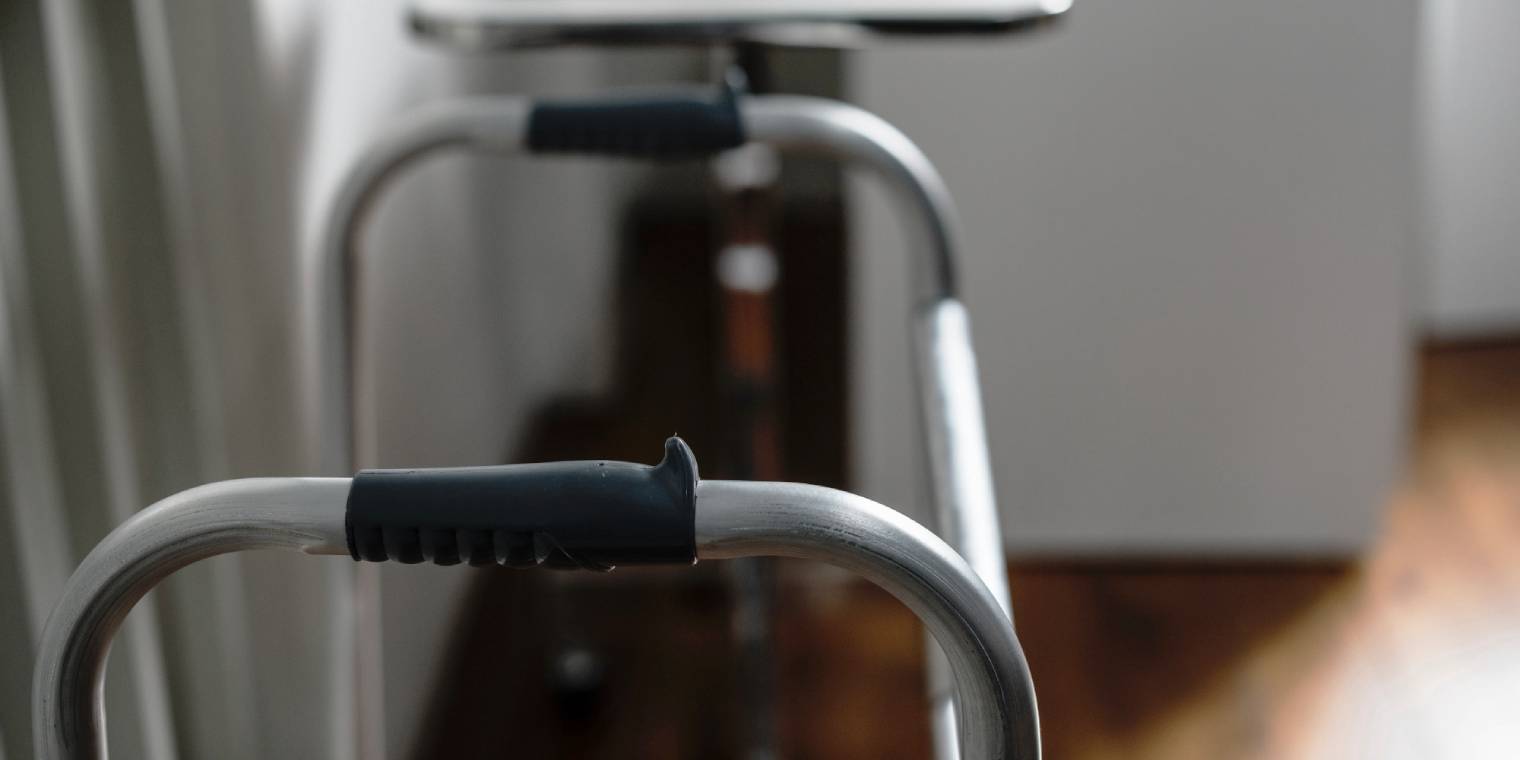
Total and Permanent Disability
What is a TPD Claim?
Severe illness or injury can strike at any time and in the most unexpected of ways.
Total and Permanent Disability (otherwise known as TPD) can happen despite medical treatment and rehabilitation, and it can be physically, mentally, and financially devastating. It can also severely impact your loved ones who may rely on your income, or who may need to care for you.


